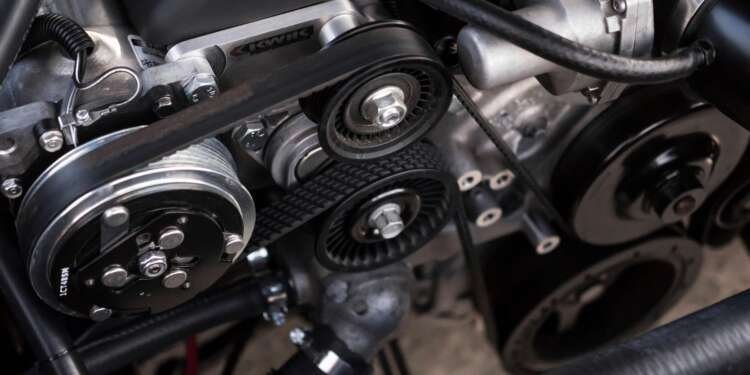Petrol. Electric. Hybrid. The choice can sometimes seem stressful; certainly, this can significantly influence your enjoyment of a new car. In line with this, we’re looking at the key differences between petrol, electric, and hybrid cars to help. Hopefully, this will equip you with new knowledge to inform your decision.
Always Choose a New Car Carefully
Picking out your perfect new car – EV or petrol – isn’t a two-minute decision. Luckily, if you have been feeling unsure about this, there are options to help. And, as part of this, running a car history check or HPI check equivalent is one of the best places to start.
Car history checks allow you to quickly view a vehicle’s history. These tools can highlight information such as MOT results, mileage records, stolen/write-off status, financing information, and the like. In turn, this information can prove incredibly valuable for your purchase.
Don’t ever purchase a second-hand car without one. It’s just not worth the risk – and all you need is the number plate.
Petrol vs Electric Cars
The benefits and drawbacks between petrol and electric cars are critical to consider when buying a new car. However, if you’ve been feeling unsure, don’t panic. There’s something for everyone.
Benefits of Petrol
There are many benefits of petrol models, including the following key points:
- Price: As far as costs go, petrol cars are often much cheaper to buy than electric alternatives. As such, if you have a lower budget, the price of petrol vehicles could be much more affordable.
- Availability: If you’re buying second-hand, petrol vehicles can be a lot more numerous. This can give you a lot more choice for your new vehicle.
- Convenience: If you need a car you can recharge quickly while on the go, petrol is a must. In contrast, EVs often take half an hour at least to recharge, demanding much more planning.
Drawbacks of Petrol
While there are many benefits of petrol vehicles, it’s worth noting that they may not be perfect for everyone. Some of the main drawbacks include the following:
- Sustainability: Unfortunately, petrol vehicles are very unsustainable to run. As such, if you want to lower your carbon footprint, looking elsewhere may be better.
- Running costs: They might be cheaper to buy, but fuel bills can be a lot higher for petrol cars. As such, this is worth keeping in mind.
- Fewer new models: These days, many manufacturers are focusing on electric vehicles. As such, if you want to buy new, your options for petrol cars may be limited.
Why Choose Electric
With the benefits and drawbacks of petrol cars in mind, you might wonder: what about electric? Well, there are many perks to choosing an EV. Of course, they’re much cheaper to run. Plus, you can charge them up at home without having to go to the garage. Additionally, EVs have improved significantly in recent years. As a result, their range is now much better than it used to be. However, keep in mind that electric cars are very expensive to purchase. Fortunately, they tend to depreciate very quickly for second-hand buyers (although this is a major drawback for those buying new).
Conclusion
Always remember to check the vehicle’s history before committing to a purchase, whether it’s a petrol or an electric vehicle. Use a car checker tool to reveal the history and ensure the car has not been written off previously or has no outstanding finance.
EVs are becoming more popular by the day, partly due to incentives from the government for several reasons, such as the availability of grants for vehicle charge points. You will need to consider both the pros and cons before deciding, but there is no denying that EVs are the future.
